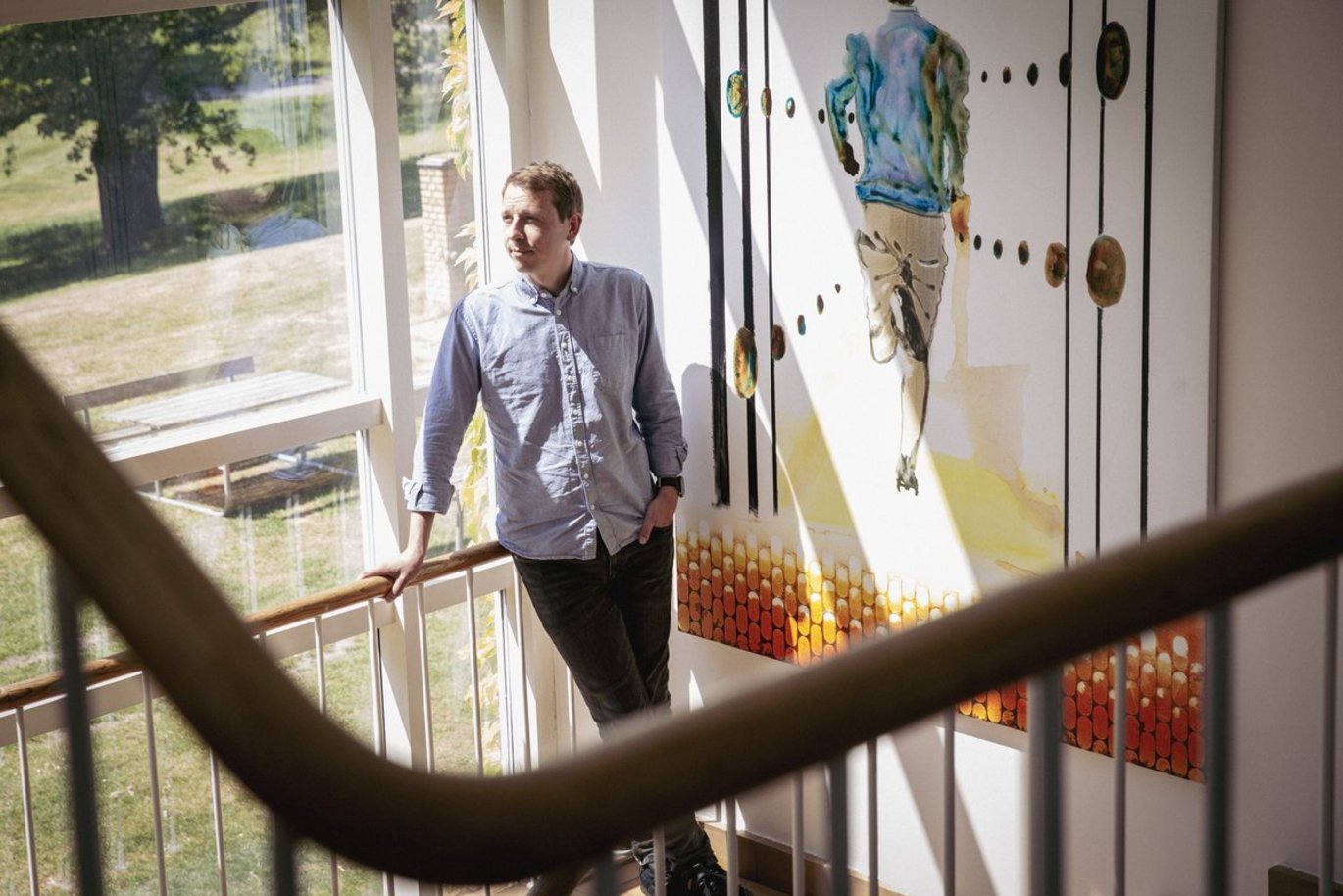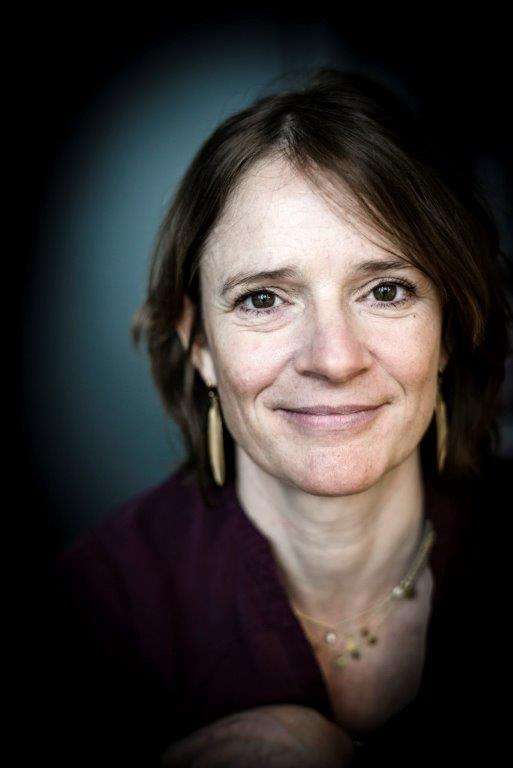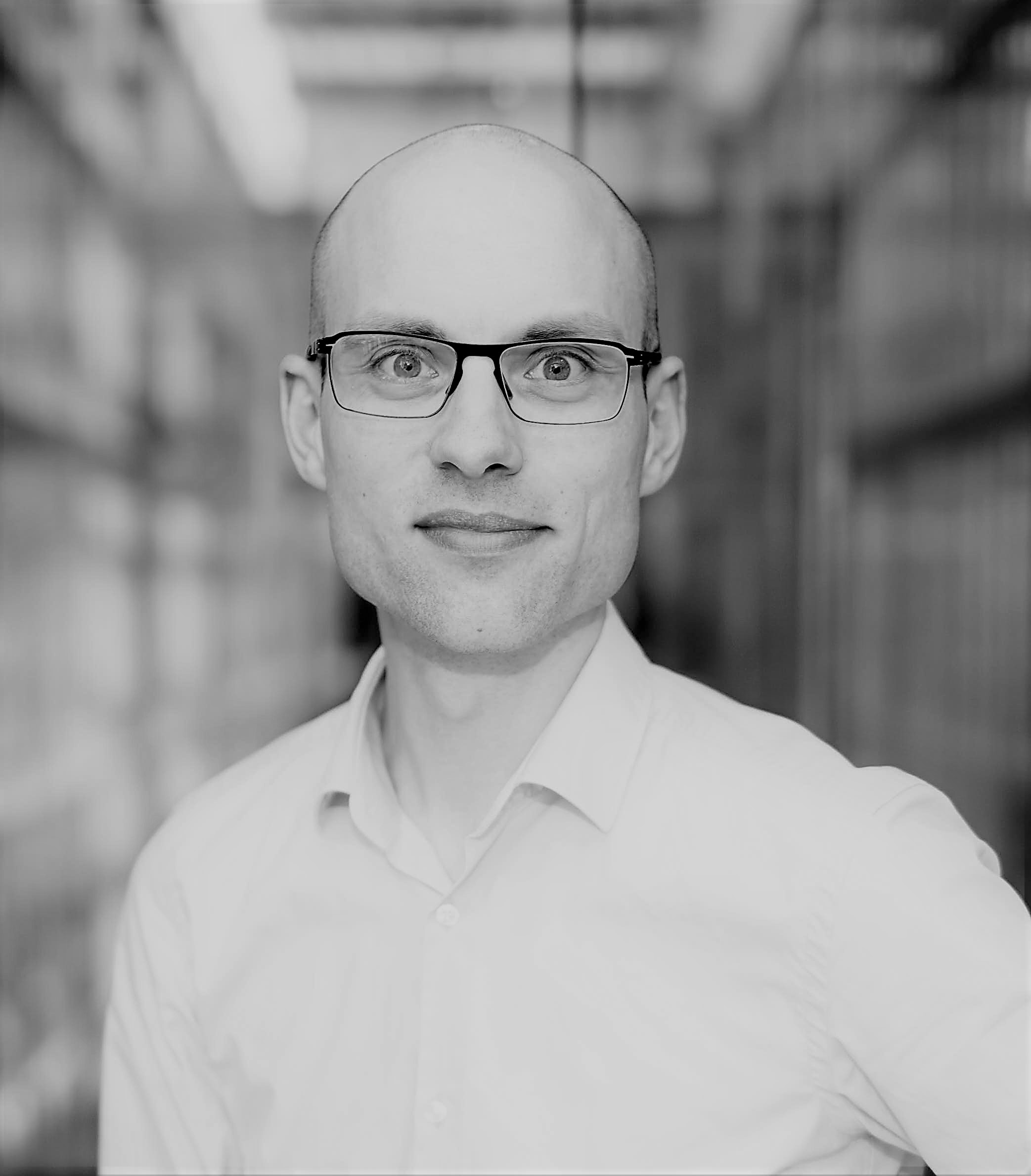Research leadership team now in place for the new Danish democracy and power study
Professor Michael Bang has put together the team that will lead the new and updated study of democracy and power in Denmark. The project will run for the next five years and has received a grant of DKK 41 million.





Translated by Sarah Jennings
In May this year, Michael Bang Petersen, professor of political science at Aarhus University, was chosen to head the new study of democracy and power in Denmark. The project will run for five years and has a budget of DKK 41 million.
Now he has put together a research leadership team who will join him in painting an updated picture of power structures and the state of democracy in Denmark. In addition to Michael Bang Petersen, Aarhus University will be represented by professor of political science Anne Binderkrantz, whose research examines the interplay between political decision-makers and the society in which they operate, including business and industry and special interest organisations. She also conducts research on administration and bureaucracy.
The University of Copenhagen is represented by professor of political science Lene Holm Pedersen, whose research focuses on public administration – including working conditions for politicians and civil servants, and how these conditions and political latitude affect democratic processes.
The fourth member of the team is Nanna Mik-Meyer, who is professor of sociology at Copenhagen Business School and who also has a background in anthropology. She conducts research on the processes of marginalisation, the sociology of power, and less visible forms of power.
The fifth and final member of the research leadership team is David Nicolas Hopmann, who is professor of political communication at the University of Southern Denmark. His research explores the interplay between the media, politicians and voters.
Michael Bang Petersen points out that the five professors who make up the research leadership team behind the new study are some of the most competent researchers within the field of power and democracy in Denmark – they also fulfil the Danish Parliament's brief and ensure that the leadership is both cross-disciplinary and cross-institutional.
“It was also important to ensure that the research leadership team had extensive experience with research management and had expertise within the entire range of methodological approaches necessary to uncover complex concepts such as power and legitimacy," says research director Michael Bang Petersen in an article by Aarhus BSS.
Alongside the newly appointed leadership team, several other researchers in Denmark will contribute to the study with specialist knowledge.
The last study was 20 years ago
The last time Danish democracy was put under the microscope was 20 years ago, when professor of political sociology Lise Togeby conducted the first democracy and power study in Denmark between 1997 and 2003. So this new study has been coined the 2.0 version. And many things have changed since 2003. Most notably the media landscape, following the emergence of social media and the accelerating pace of news updates. Facebook, for example, only arrived in 2004.
“The central conclusion in the first report on power and democracy in Denmark, if one can permit oneself to boil five years of work down to a few sentences, is that Danish democracy is fundamentally robust. There are some challenges, but those challenges are to a high degree the result of political decisions, for example ceding more power to international institutions such as the EU. The summary that came out of the first Danish and democracy and power study was positive and optimistic. And of course it came out of a period characterized by optimism”, explained Michael Bang Petersen in an interview with Omnibus earlier this month.
Trust in our politicians has fallen – and social media has arrived on the scene
He expects that the conclusion of the new study will be different. Because, as the professor points out, we no longer trust politicians to the same degree, and more people are questioning the legitimacy of Danish democratic institutions. Social media has changed the rules of the game, and the pace of both media and political processes in the Folketing has accelerated. Although mistrust in the political system is most pronounced in other countries, for example the United States and France, Petersen sees the same challenges on a smaller scale here in Denmark.
“There are a number of signs that the joints of our democracy are creaking a bit,” he said.
It was a unanimous parliament that last year voted to update the democracy and power study from 2003. An external advisory group, which includes representatives from the Danish Parliament, business and industry associations, and trade unions, will receive regular updates from the research leadership team on the project’s preliminary findings.
Danish democracy and power study 2.0
The objective of the Danish democracy and power study is to generate research-based knowledge about the state of democracy and the conditions influencing democratic processes.
In 2022, Parliament unanimously voted to update the Danish democracy and power study from 2003, which was the first of its kind in Denmark and was conducted in the period 1997-2003.
This time, an external advisory group comprised of stakeholder representatives, for example from the Folketing, business and industry associations and trade unions, will be involved in the project. The project’s principal investigators will inform the advisory group of progress and preliminary results during the course of the project.
The project will be led by Professor Michael Bang Petersen.
- Read more about the democracy and power study 2.0 (in Danish)
- Read more about the democracy and power study from 2003

